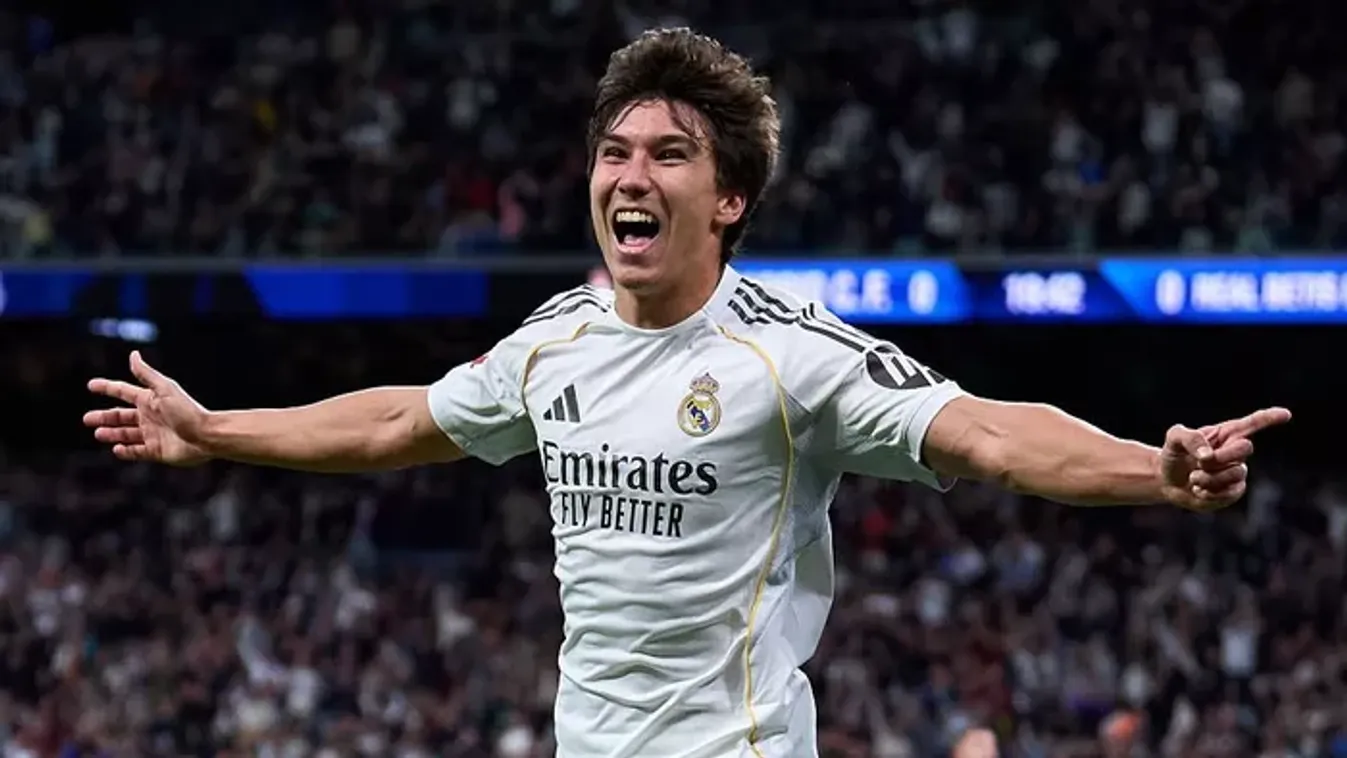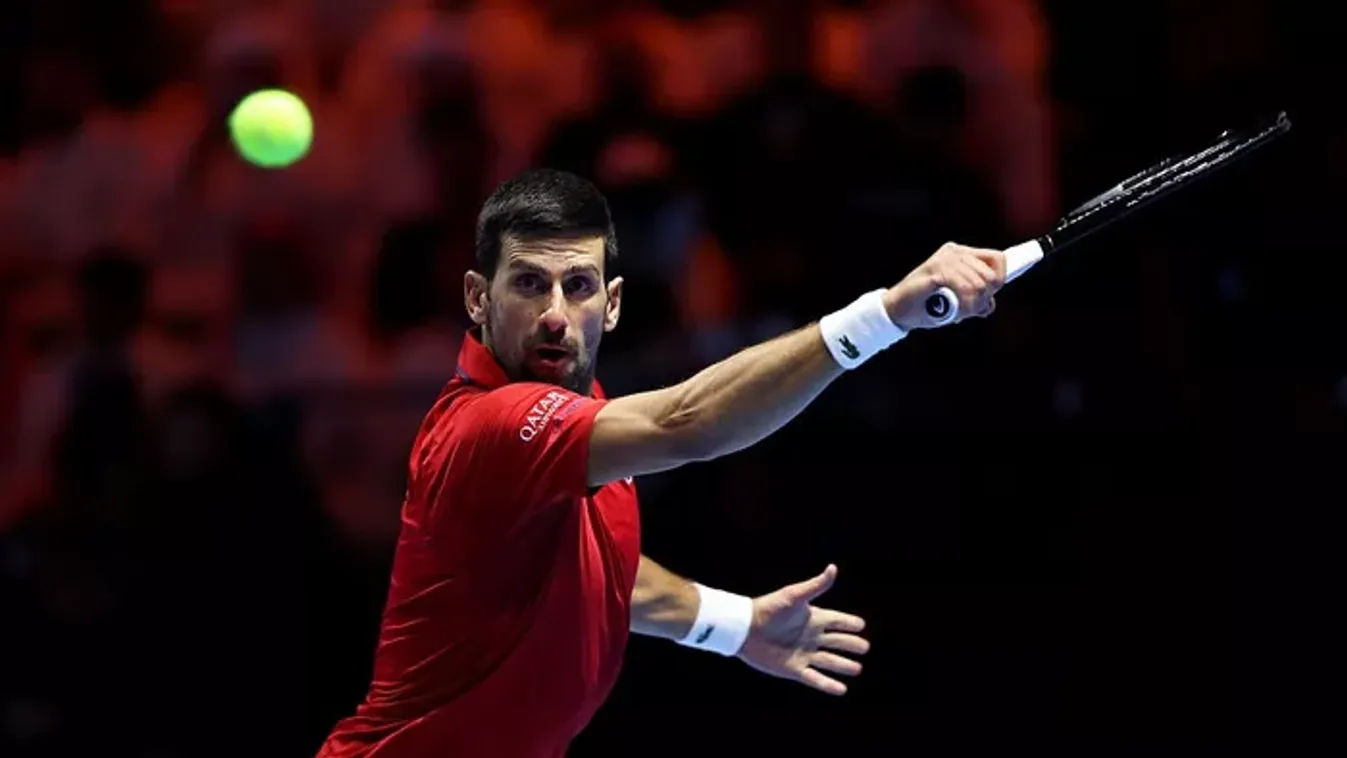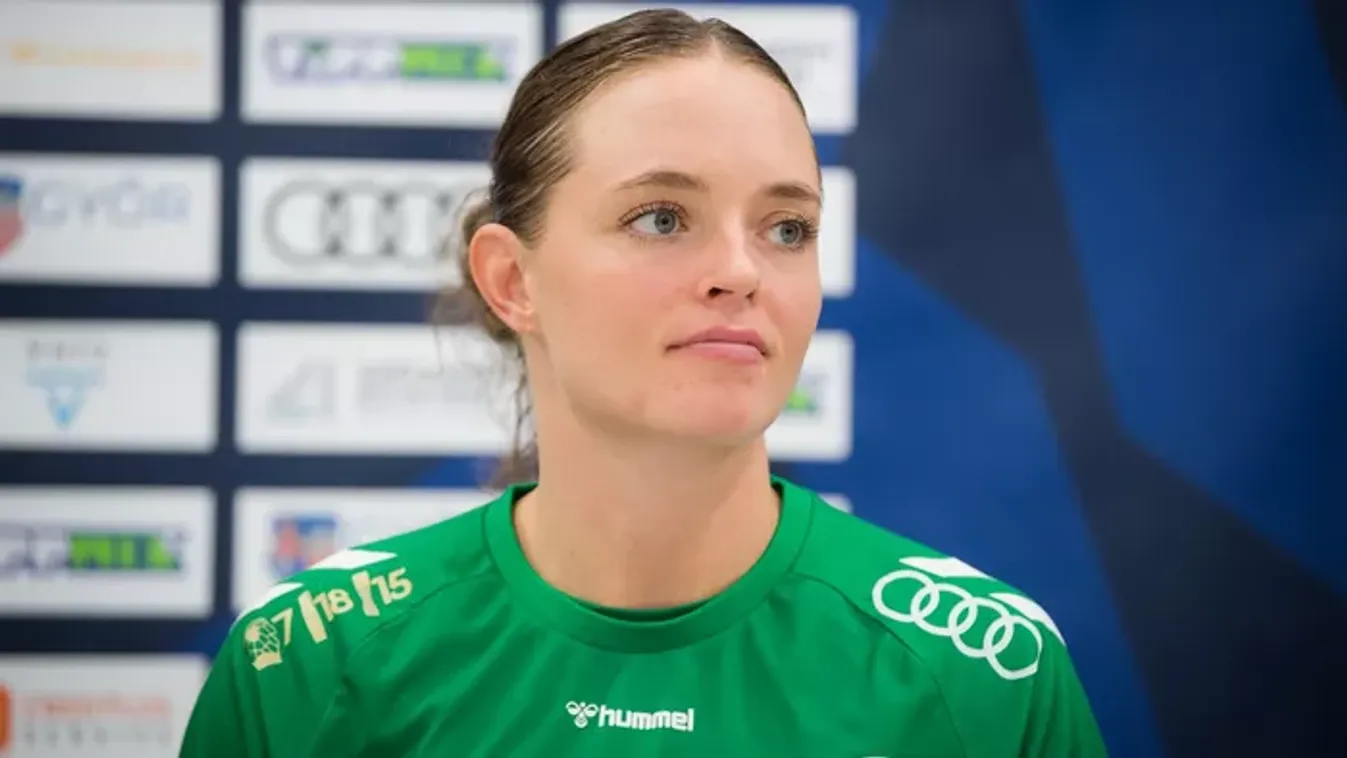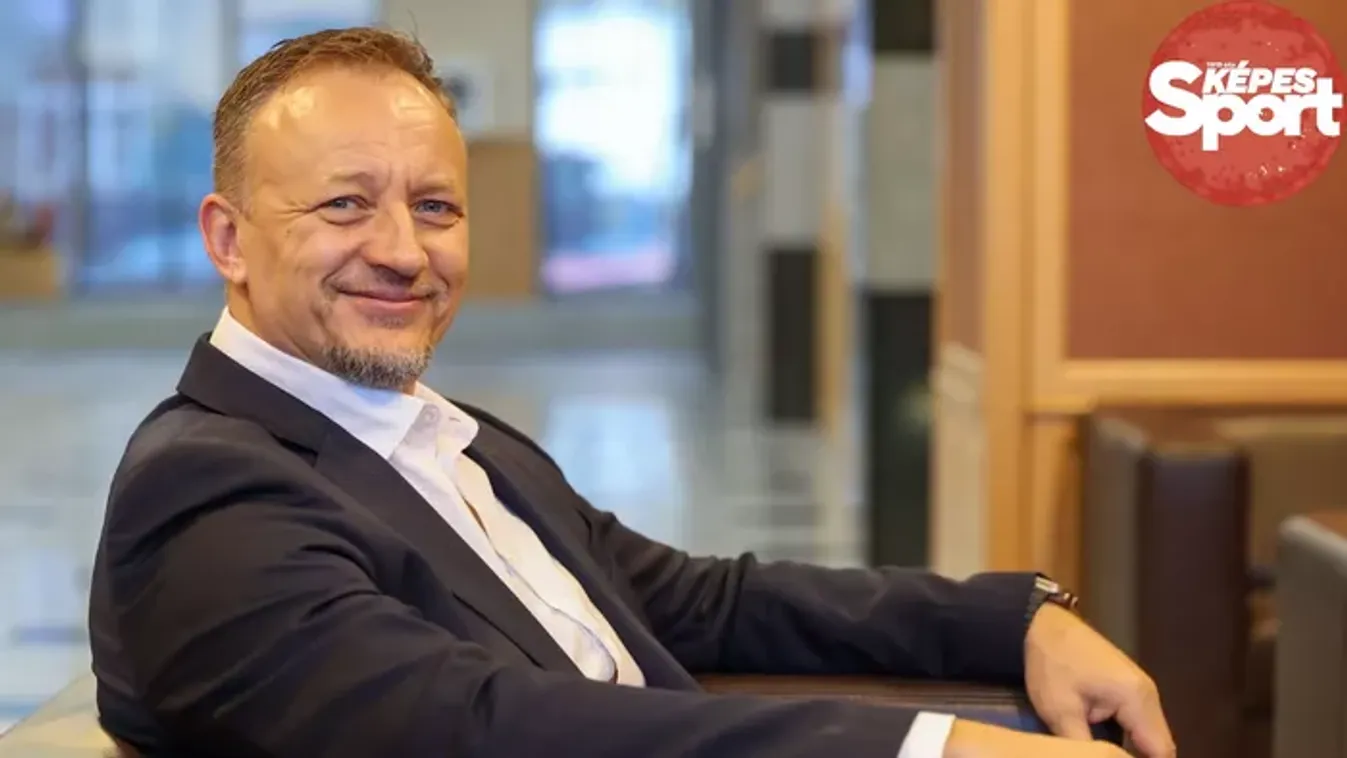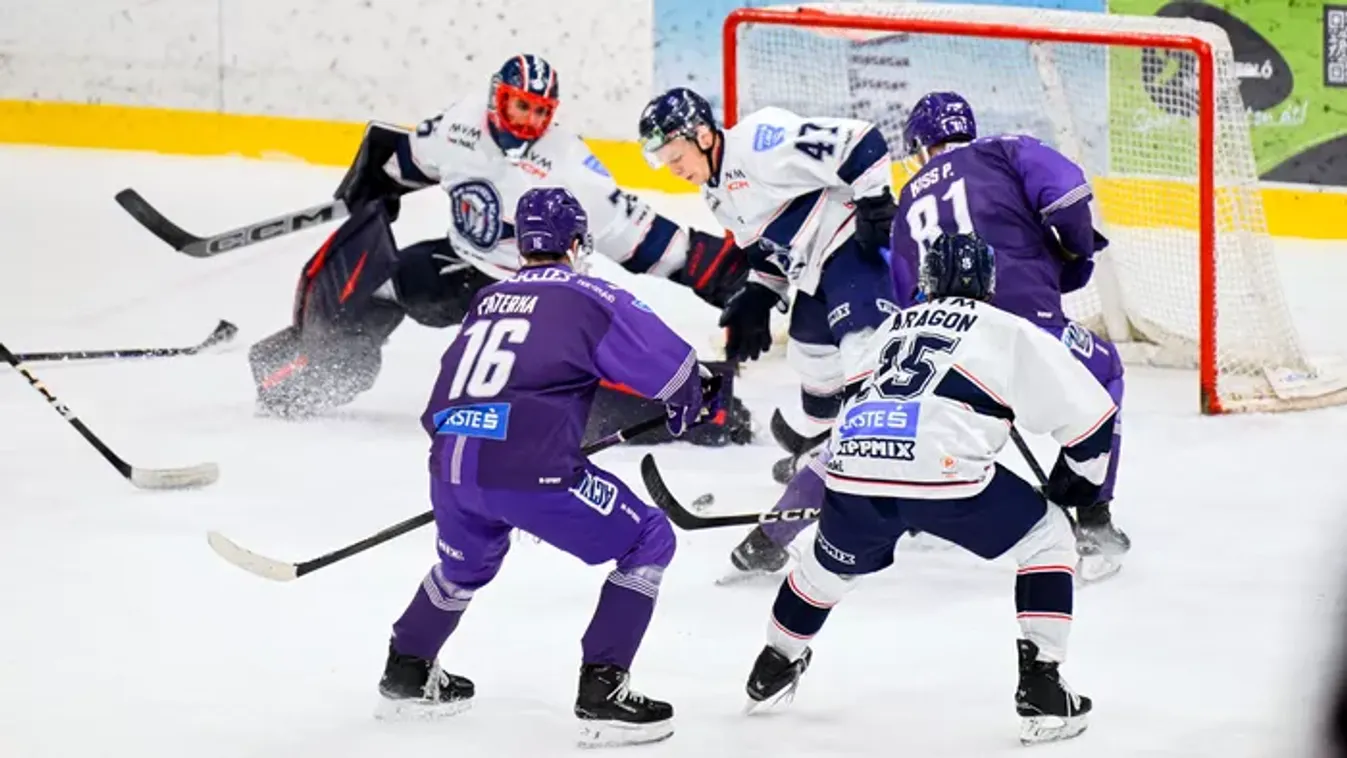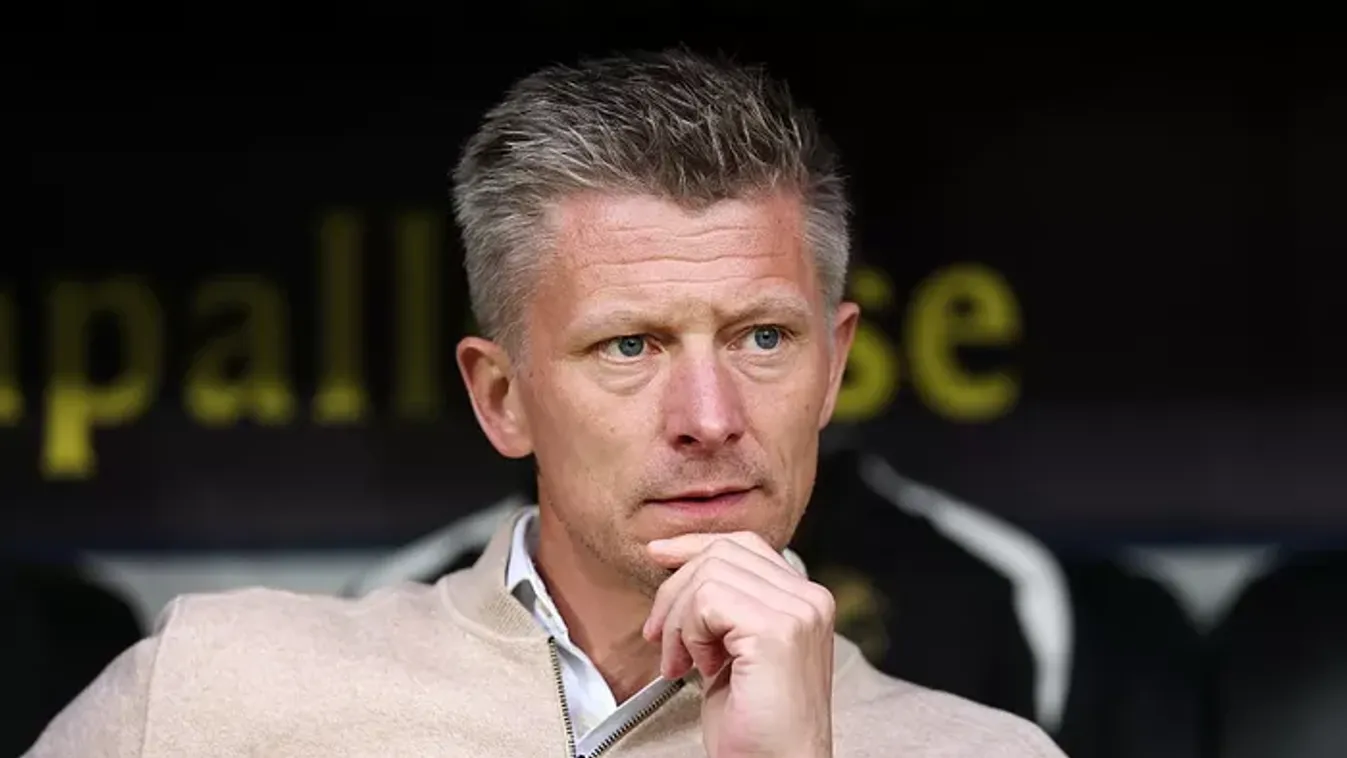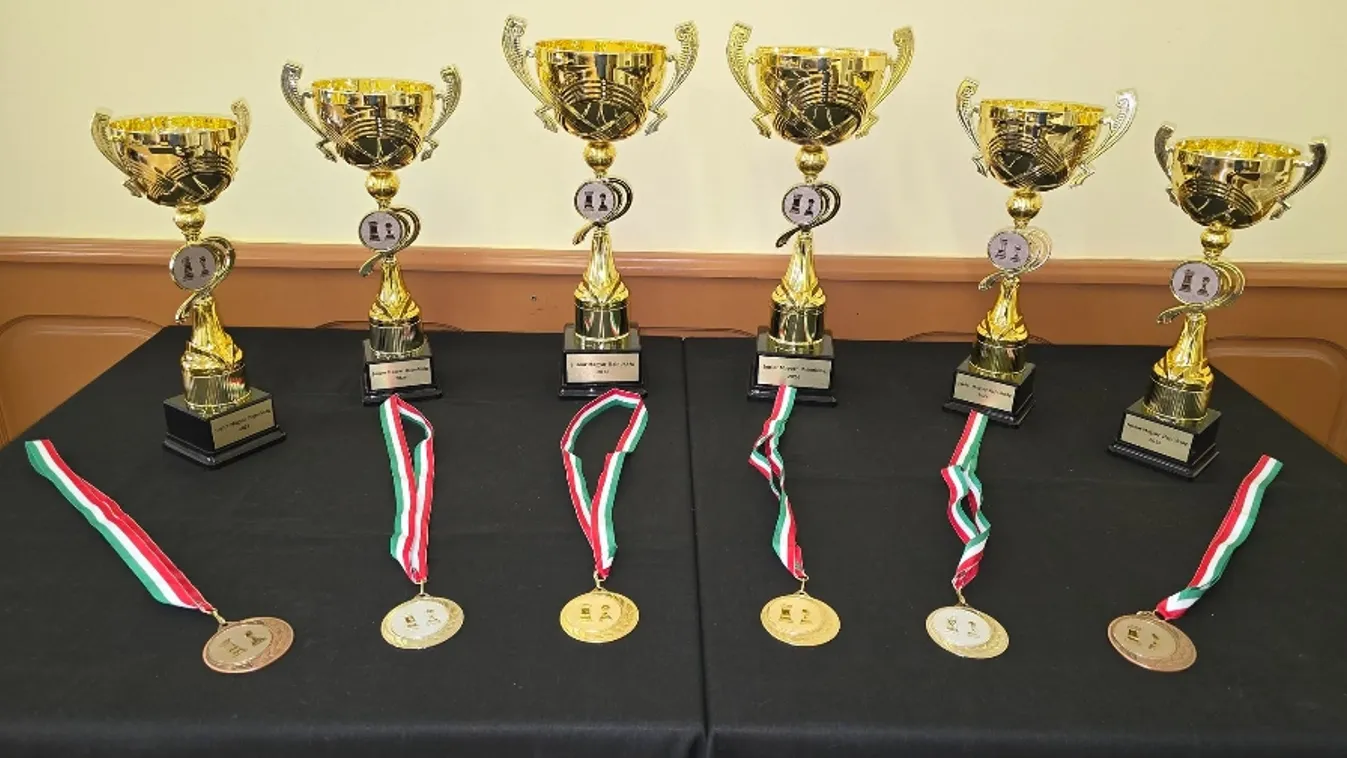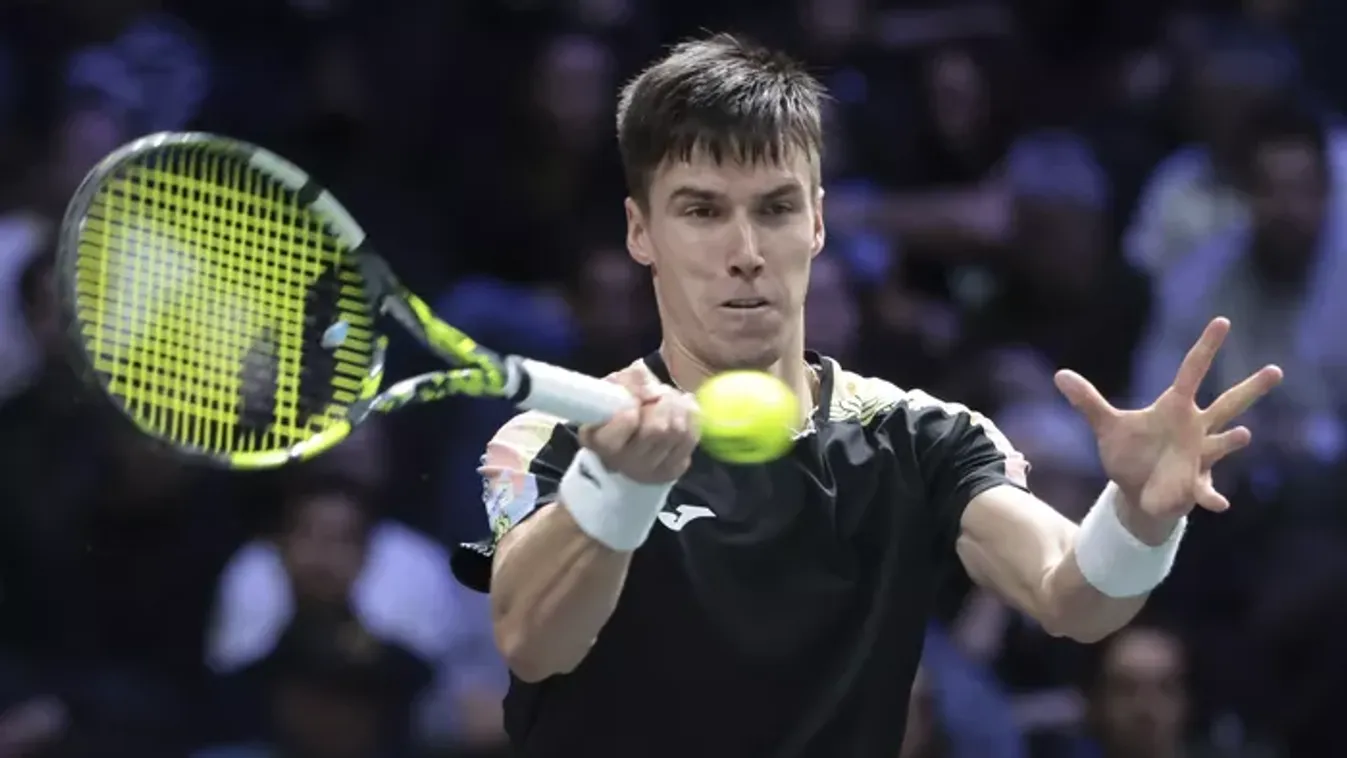Gyula GROSICS
He performed calm and concentrated, he existed together with the play. He also had several brilliant saves. It was simply impossible to embarrass him.
Jenő BUZÁNSZKY
He, so to say, almost totally made his opponent disappear from the ground. He never became embarrassed, if the English players tried to get behind him with lobbing.
Gyula LÓRÁNT
He stopped several host attacks by excellent positioning, passed accurately, and he proved to be dominant in the space.
Mihály LANTOS
He had rather hard task against the technically well-trained and well-dribbling Stanley Matthews, he managed, however, his task, since he was the winner in most of the dogfights.
József BOZSIK
He was the best of the side. He started most of the attacks in addition to the perfect defence. Due to his capacity and playing intelligence, he overtopped the others.
József ZAKARIÁS
Maybe, he was less brilliant than his fly-half fellow was, but he played an extremely clever and useful football. His defence was first-rate; he played the ball quick and accurately.
László BUDAI II
He was quick; he dribbled inscrutably, his centrings brought the others arriving at the centre usually in position. He kept energy also for defence.
Sándor KOCSIS
He played in a big area, he participated in most of the attacks. Although, he did not score, he proved to be rightly an excellent heading attacker.
Nándor HIDEGKUTI
His three goals speak for themselves! We saw his brilliant technique, he helped his fellows due to his huge capacity, and his shots were delightful experiences.
Ferenc PUSKÁS
He was practically always guarded by two host football players, but he initiated a great number of attacks by moving a lot and he always managed to participate in finishing the attacks.
Zoltán CZIBOR
He played a very characteristic inscrutable football; his unexpected solutions caused many problems for the English defenders. He proved to be quick, and helped a lot in the defence.
Our football team gained a 6:3 victory in London with sensational play – we published it 53 years ago and say it still today with pleasure. The time was here, we were all waiting for from the moment of reaching the decision on the match: October 1953: Hungary was expected to break the 90 years’ home unbroken period of the host, England against non-British teams. The British public opinion believed, of course, in prolonging the series of excellent results, even if Stanley Rous, FIFA-secretary general declared some weeks before that the Hungarian team was the best team of Europe that time.


MEMBERS OF THE CLASSICAL GOLD TEAM
Following the change of goals, England began to play more intensively. The further two goals of the Hungarian team forecasted the end of the unbeaten period of the host team… Due to a successfully executed penalty shot, the hope of the host team was alive; however, the Hungarian defence was not mistaken anymore. In the remaining minutes the pace decreased, the players became more and more tired. It could be the reason for that the Hungarian team could not increase its advantage. It was almost dark when the match ended but the declarations qualifying Hungarian football had to be heard and not seen. Both the sportsmanlike English fans and foreign specialized journalists made admiring statements on the performance of Öcsi Puskás and the team. As they told, the Hungarian team could have won with better score on the “match of the century”.
THE COACHES' OPINION
Three-years-work resulted in the Hungarian success. Someday, if we also could find a stable team, we would retrieve our place in the football world. (Walter Winterbottom, coach of the English team)
The Hungarian team surpassed its form until now and is worthy of the trust of its folks. (Gusztáv Sebes, coach of the Hungarian team)
FROM MINUTE TO MINUTE
This time we recall the goals of the legendary match differently from the usual way: we asked Gyula Grosics and Jenő Buzánszky, still living Gold Team members, to tell us how they remember to the scored and received goals. Jenő Buzánszky asked us smiling to let him make comments on the Hungarian goals, and let Gyula speak about the rest….
1st minute: Afterwards I can say that Nándi let us cool our heels, since he scored the goal in the 45th seconds. Puskás Öcsi scored the goal against the Swedish team in Helsinki, at the Olympic Games already in the 27th seconds… Otherwise, the ball reached Nándi after the pass of Bozsik, and resulted in a brilliant goal directed to the right upper corner of the goal. (Jenő Buzánszky)
0:1
14th minute: I do remember that the centre of the host team, Mortensen played Sewell who got the ball close to the penalty area without mishap; and scored the long corner from about 7-8 meters. I tried to forfend it but had no chance ... (Gyula Grosics)
1:1
22nd minute: After Zoltán Czibor passed the ball, it reached Puskás. The host defenders tried to tackle him but he passed the ball to Hidegkuti even lying on the ground, Nándi has not mistaken, he scored the goal from about 10-11 meters. (Jenő Buzánszky)
1:2
25th minute: The good playing style of our team was characterized by this goal. We did not have fix positions, so this is why it could happen that two players originally playing on the left side scored the goal on the right wing. Anyway, we brought up the ball brilliantly. After Zoli Czibor passed the ball, Öcsi Puskás made a brilliant drawback dribble at the corner of the 5.5 line and scored the ball to the place where it could go into the goal between Merrick and the goalpost. (Jenő Buzánszky)
1:3
29th minute: We got free kick from about 25 meters from the English goal. Puskás, while moving crosswise in front of the goal, put his foot to the right-footed bomb of Bozsik, and Merrick had not even chance to save. (Jenő Buzánszky)
1:4
38th minute: This goal was dreadfully similar to the first one. The host outside left, Robb held the ball, and we, instead of attacking him, drew back. Of course, Robb could calmly pass the ball to Mortensen, who shot the short side of the goal from 10 m.(Gyula Grosics)
2:4
50th minute: Everything began with Kocsis Sanyi’s header that smashed the goalpost….The English tried to kick the ball from their area, but the ball got to Öcsi who rolled it back to Bozsik for scoring. Bozsik kicked the ball from about 25 meters into the right upper corner (Jenő Buzánszky)
2:5
53rd minute: Öcsi had the ball on the left side, he lifted up his eyes, lobbed accurately crosswise, and Nándi made a fly-kick from about 10 meters into the English goal. (Jenő Buzánszky)
2:6
57th minute: The last goal of the match was originated from penalty. Gzusyi Lóránt possessed the ball; if he should have rolled it back home, it would not cause any trouble. Instead he turned right, Sewell tackled him and shot at the goal. When I tried to forfend for the second time, my hand was stuck in the attacker’s legs. The penalty could be judged…. ( Gyula Grosics)
3:6
György Szepesi: My Story
„If Paris, it is still worthy to mention that the team scored eleven to null to the team of the Renault factory. Moreover, it was not just any performance. Then the delegation went on board, destination London, and the sailors, one after the other, asked the players for autograph during the three-hour voyage. Arriving in London, the training was on Fulham-ground. We went to Wembley only the day of the match. Gusztáv Sebes brought rather strict timetable, but let off one of the breakfasts, and the team could have a coffee or tea break instead of it. It happened that time that the fellows ordered me about 10 egg yolks with sugar, expressing not to have problems with my sound during the broadcast. Even the Hungarian modern pentathlon and table-tennis team attended the match of the century. I took a seat in the grandstand of the stadium, in the same height with the royal box seat, in the commentators’ box number 16. Close to me, the Belgian and German commentators were working. With the latter one, we made friendship for life. The broadcasting was ecstatic even for me. At this moment, I said for the first time “All right, Mr. Wright”; and that is quoted several times since then. Shortly after the match, I wrote an article mentioning that we should place a memorial at the point in the Wembley where Öcsi Puskas made that drawback dribble. The film on the match, we could see in the Hungarian Television, was given by BBC through the English Embassy, since only 20 minutes newsreel survived on this historic day. Otherwise, the English public applauded the Hungarian team with frenetic applause after the match...”
Legfrissebb hírek
Ezek is érdekelhetik
